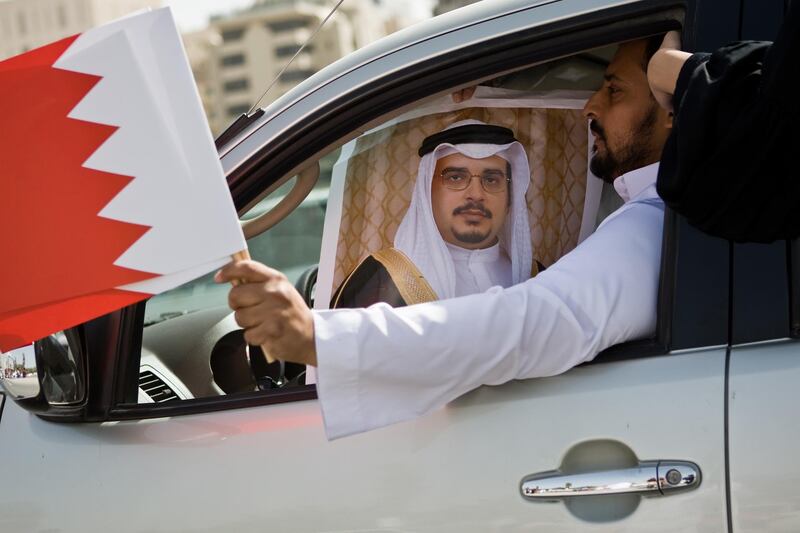Bahrain will vote in parliamentary elections on November 24.
The ruler of Bahrain, King Hamad bin Isa Al Khalifa, called for the vote and encouraged citizens to participate in "free, fair [and] transparent" elections.
The country's opposition boycotted elections in 2014.
The election will take place against the backdrop of a struggling economy. Bahrain will receive help from its Gulf neighbours — Kuwait, Saudi Arabia and the UAE, who provided a $10 billion aid package to the country in October.
Bahrain has been implementing a reform programme, such as introducing VAT.
How does Bahrain's parliament work?
Under the 2002 constitution, 40 citizens will be elected to the Council of Representatives. They will be joined by 40 royal appointees to Bahrain's upper house, called the Consultative Council.
The upper chamber has the power to block legislation by the lower house.
The lower house has the authority to examine and pass legislation proposed by the king or cabinet and also has monitoring powers.
Women are allowed to vote and run for parliament under Bahrain’s revised constitution.
Eligible citizens will be allowed to vote on November 24 and December 1. Those abroad can cast their votes at their respective diplomatic missions and consulates on November 20 and November 27.
________________
Read more:
Bahrain's VAT to boost non-oil revenues and stabilise public debt, analysts say
Bahrain to hold elections on November 24
________________
Members from dissolved parties barred from running
Bahrain's current parliament approved a law in May barring members of dissolved political parties from running in elections.
The law claims that candidates “should not be one of the leaders and members of the actual political societies dissolved by a final judgment for committing a serious violation of the provisions of the Kingdom's constitution or any of its laws”.
Al Wefaq, a Shiite-majority party, withdrew its 18 parliamentarians from the National Assembly during the 2011 protests. They have called for a boycott of these elections, claiming they have been marginalised.
The National Democratic Action Society, an opposition group, has also been barred from running in these elections.
Accusations of Qatari influence
Bahrain arrested two nationals who were accused of receiving funding from a former Qatari minister in an attempt to interfere in the coming elections.
Bahrain News Agency said that the pair had received money from former Qatari minister Abdullah bin Khalid Al Thani.
“Investigations showed that one of the two nationals received from the Qatari former minister sums of money to run for the parliamentary elections set to be held this year and to support his electoral campaign,” said a statement on BNA.
The two were arrested at Bahrain International Airport upon their return from Qatar with more than BD12,000 (Dh116,950), according to Al Arabiya.





